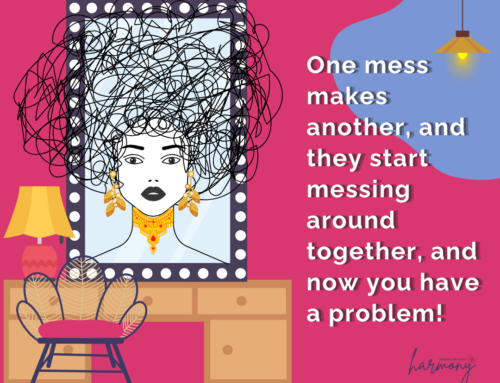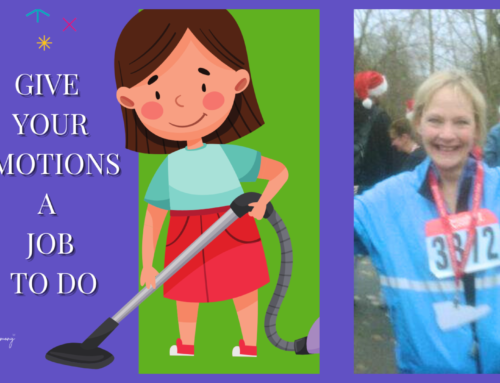Are You a Friend of Your Emotions? Emotions are integral to our daily lives, shaping how we interpret and respond to the world around us. Yet many of us struggle to manage our feelings, especially when they arise unexpectedly or feel intense. Are you a friend of your emotions? Or do you find yourself judging, suppressing, or ignoring them? Learning to work with our feelings—not against them—can be one of the most transformative experiences, especially when building resilience and mental well-being.
Emotional intelligence is a way of recognizing, understanding, and choosing how we think, feel, and act. It shapes our interactions with others and our understanding of ourselves. ~Joshua Freedman~
Emotional intelligence is a way of recognizing, understanding, and choosing how we think, feel, and act. It shapes our interactions with others and our understanding of ourselves. ~Joshua Freedman~
Emotions as Guides to Our Experiences
Our emotions appear moment by moment, constantly responding to the ebb and flow of our experiences. For example, anger, sadness, or discouragement often emerge when facing setbacks, disappointments, or rejection. If left unmanaged, these emotions can snowball, turning into a heavier sense of despair or even depression. But by acknowledging and exploring these emotions, we can learn to interpret them in ways that empower us rather than allowing them to drag us down.
Handling Disappointment: A Common Scenario
Imagine you’ve poured your energy into a work project—investing extra hours, researching beyond the minimum, and truly giving it your all, only to have your boss reject the work. How would you feel? Frustrated? Disappointed? Maybe even disheartened? And that’s okay. Allowing yourself to feel without guilt is essential. Emotions are not indicators of weakness; they are natural, human reactions that offer insight into our values, boundaries, and desires.
The real question isn’t whether we should feel, but *how* we can manage those emotions to foster growth, healing, and resilience.
How to Befriend and Transform Difficult Emotions
The first step to befriending emotions is simple yet powerful: acknowledge them without judgment. Rather than labeling emotions as “bad” or “negative,” try to see them as messengers. When frustration or sadness arises, notice the feeling, observe its presence, and allow it to be there without trying to push it away. This act of acceptance alone can ease the intensity of the emotion, creating a pathway for it to guide you rather than control you.
Explore the Root of the Emotion
When you feel overwhelmed by an emotion, ask yourself, What’s underneath this feeling? Often, our initial reaction is just the surface layer. For instance, disappointment might reveal a more profound need for recognition or a fear of failure. Take a moment to sit with the emotion and notice what comes up. This practice allows you to connect with your underlying needs or fears and understand where the emotion stems from. The insight gained can be a powerful tool for self-compassion and growth.
Reframe and Redirect
Emotions are powerful sources of energy. Once you’ve acknowledged and understood them, consider how you can reframe or redirect them. For example, if disappointment over a rejected project has stirred feelings of inadequacy, reframe it by focusing on what you learned through the process or what skills you developed. This reframing helps to transform the emotional energy into something constructive. The goal here is not to invalidate the feeling but to use it as a springboard to gain insight and fuel positive change.
Embrace the Practice of Conscious Intent
Conscious intent is a simple yet profound tool that turns passive feelings into active growth. Suppose you plan to share your frustrations about that project rejection with a friend. Approach this conversation with a conscious intent: rather than simply venting, decide to use the discussion to release the emotion and gain perspective. Before meeting, set a purpose, such as gaining insight, releasing resentment, or finding support to move forward. This intent shifts the experience from a passive expression of emotion to an active step in processing and letting go.
Befriending Emotions for Long-Term Resilience
The beauty of emotions lies in their potential to guide us toward personal growth. Befriending your feelings doesn’t mean avoiding pain or discomfort. Instead, it’s a commitment to experiencing life fully, harnessing the wisdom of emotions, and allowing each feeling to be a stepping stone toward greater resilience. Treating emotions as allies rather than adversaries makes them valuable partners on your journey toward a balanced, fulfilling life.
The limitations we believe become the reality we experience. We can change that!






